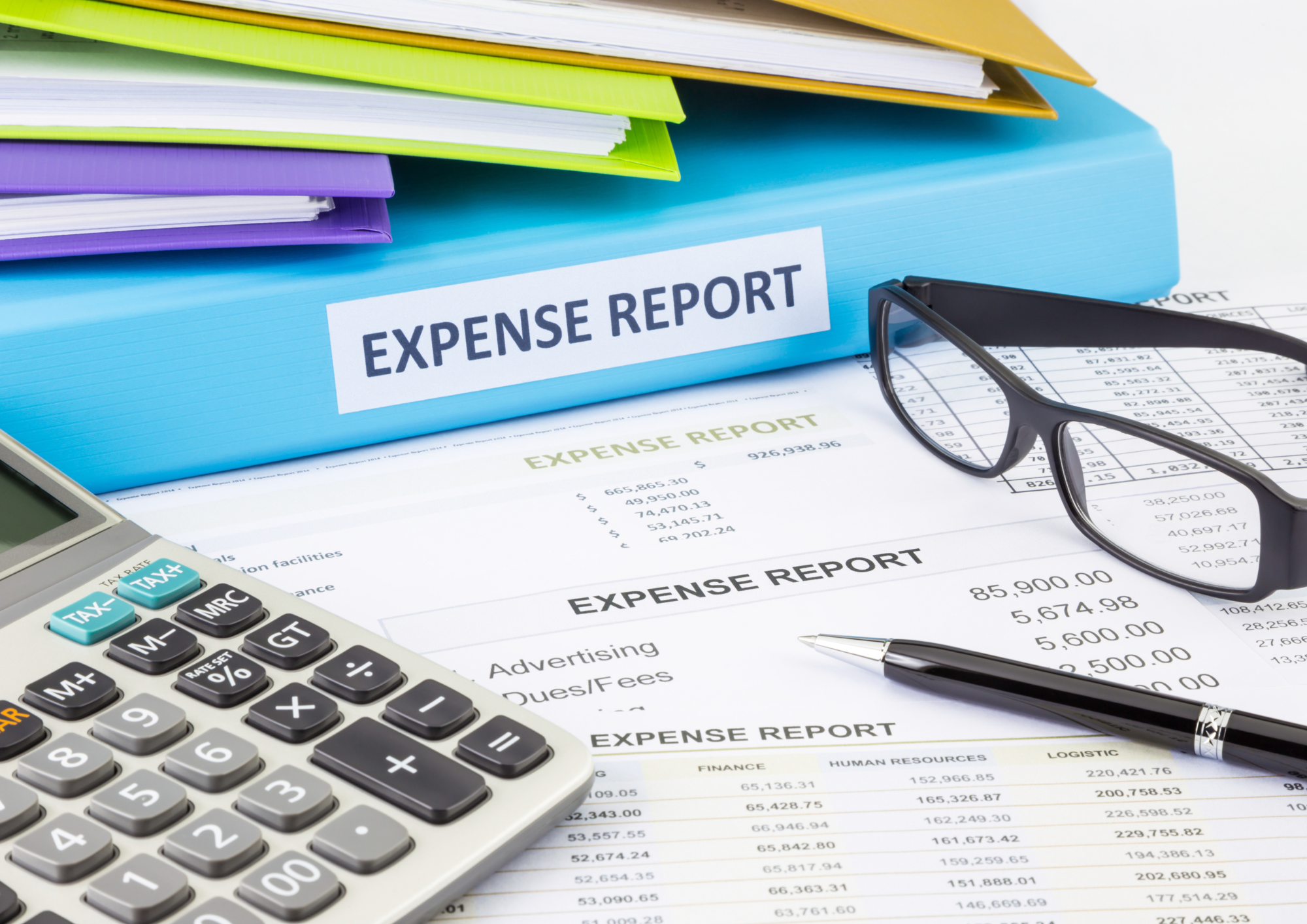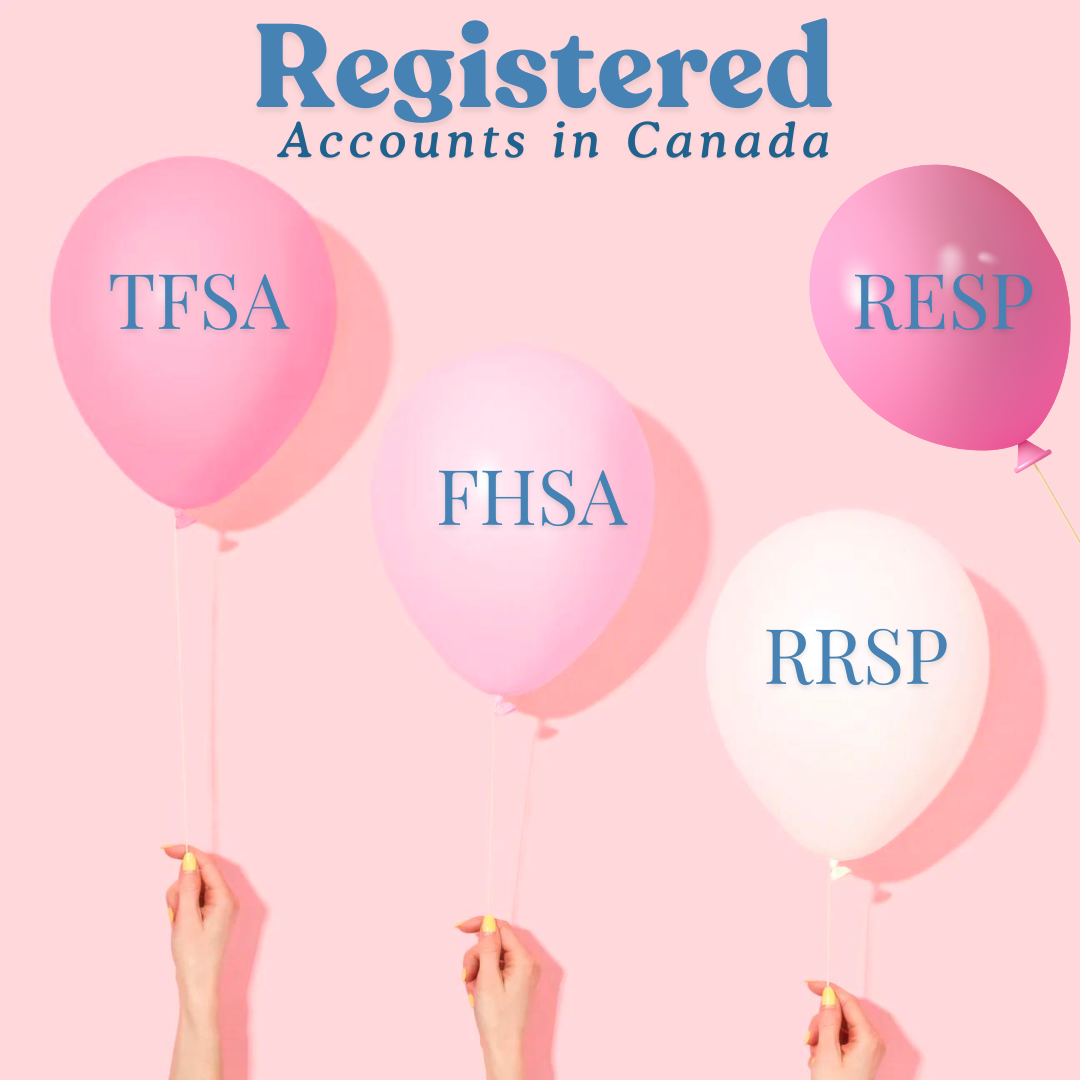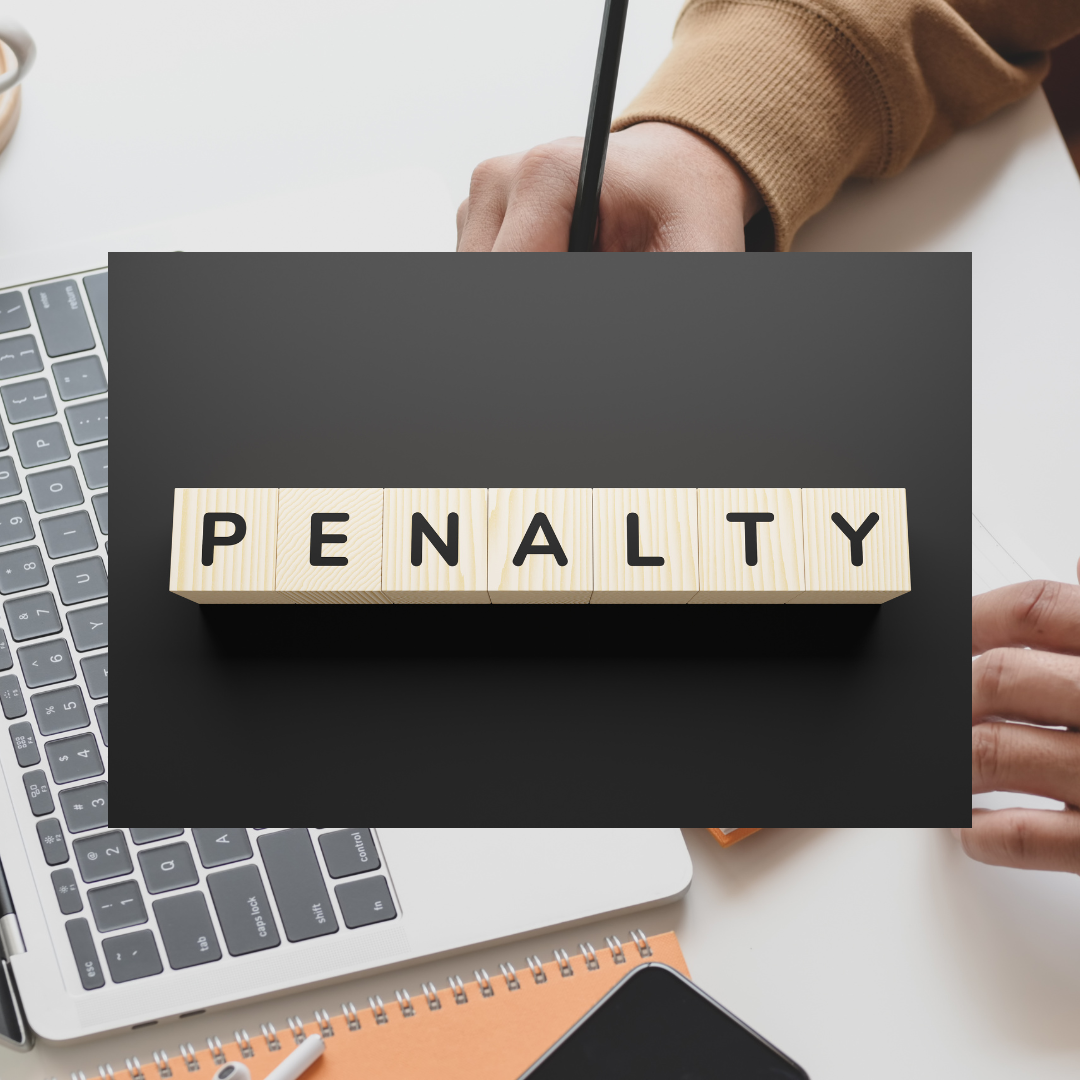What is a write-off?
Simply put a write-off is an expense. It is a business expense that is incurred to earn business income or incurred to establish a business with the intention of profit. How does the Canada Revenue Agency (CRA) define a business expense? To the CRA a business expense is a cost a taxpayer incurs for the sole purpose of earning business income. Incur means the taxpayer paid or will pay the expense. The amount that can be deducted in a given year for any expense depends if it is considered a current year expense or capital expense. And the CRA clearly states that taxpayers cannot deduct personal expenses and must enter only the business part of expenses. In fact, business expenses are one of the most scrutinized, reassessed and audited areas by the tax authority.
And taxpayers must support business expense claims with a sales invoice, an agreement of purchase and sale, a receipt, or some other voucher that supports the expenditure. If taxpayers pay cash for any business expenses, be sure to get receipts or other vouchers. Receipts should include the vendor’s name and the date for example.
Reasonability Test
What about that famous lamp scene in the Schitt’s Creek Write-Off episode? You know the one where he tries to write-off everything, including his personal lamp in his bedroom! Let’s discuss some questionable or invalid expenses. Please note that this discussion is general in nature and each business will have unique circumstances and business expenses that apply to them! It is always recommended to discuss business expenses with your company accountant, tax provider or to get a ruling directly from the CRA.
Business vacations or travel expenses. What if a client wants to write-off airline tickets and hotel expenses as business expense. Many times, the spouse and/or children also accompany these clients. The simple answer is a trip, or a portion of a trip, is an expense only if it is required for business purposes. What is the reason for the trip? Is it needed to generate income? If you attend a conference directly related to the business or go to work in a different location, then this likely is justifiable and reasonable (depending on the amounts). However, unless the spouse is also attending in business capacity, the spouse/children’s expenses are not usually reasonable expenses. But the way I like to word it to clients is as follows: The actual return for claiming such expenses is likely minimal or small. In addition, there are penalties and can open the client to CRA audits. In fact tax returns can be open beyond the normal reassessment period. Is it really worth crossing the line? May I add that once a taxpayer is red flagged or found to have committed fraud or misrepresented expenses to the CRA, an audit can be requested and in fact tax reassessments can go far beyond the normal 3yr reassessment period. Is it worth the potential headaches?
Expenses that do not relate to the type of business. A client tries to expense massage therapy or similar personal health sessions when they are not in the healthcare business. They state it was for stress relief. Ok. But where does the line stop. If stress relief is the explanation, what’s stopping anything and everything from being a ‘business expense for stress relief’? In general, it is possible to incur some reasonable expenses. However, taxpayers must be able to proof that the business expenses are required and needed. Would this be considered reasonable and incurred in pursuit of profit if questioned by the CRA? Is it worth the potential headaches?
And the examples of questionable business expenses go on and on. Years ago, when I was an auditor, I came across items on a company’s ledger that were not in line with normal expenditures. There was not one, not two but three high end sports cars on the company’s books. Ok, yes maybe the owner requires a nice vehicle to entertain or to close deals (maybe a stretch?). But after looking closer at what and who they were given to it came to light that they were personal gifts by the owner to family/friends and had nothing to do with the business at all (I can’t go into details unfortunately). But in this particular case, they were removed from the company’s ledger. Very generous gifts to say the least! 😊
Conclusion
The takeaway is that when claiming business expenses, taxpayers should ensure expenses are incurred with the goal of operating the business, reasonable and with a view to profit. I will end this blog discussion with a recent article from the Financial Post. This is an extreme CRA court case of the misuse of expenses. And the CRA can deny expenses if taxpayer doesn’t appear to be running a business with a view to profit.
If you require help in determining business expenses or tax guidance, please reach out to me directly. And no, the lamp in that Schitt’s Creek episode was not a write-off.









